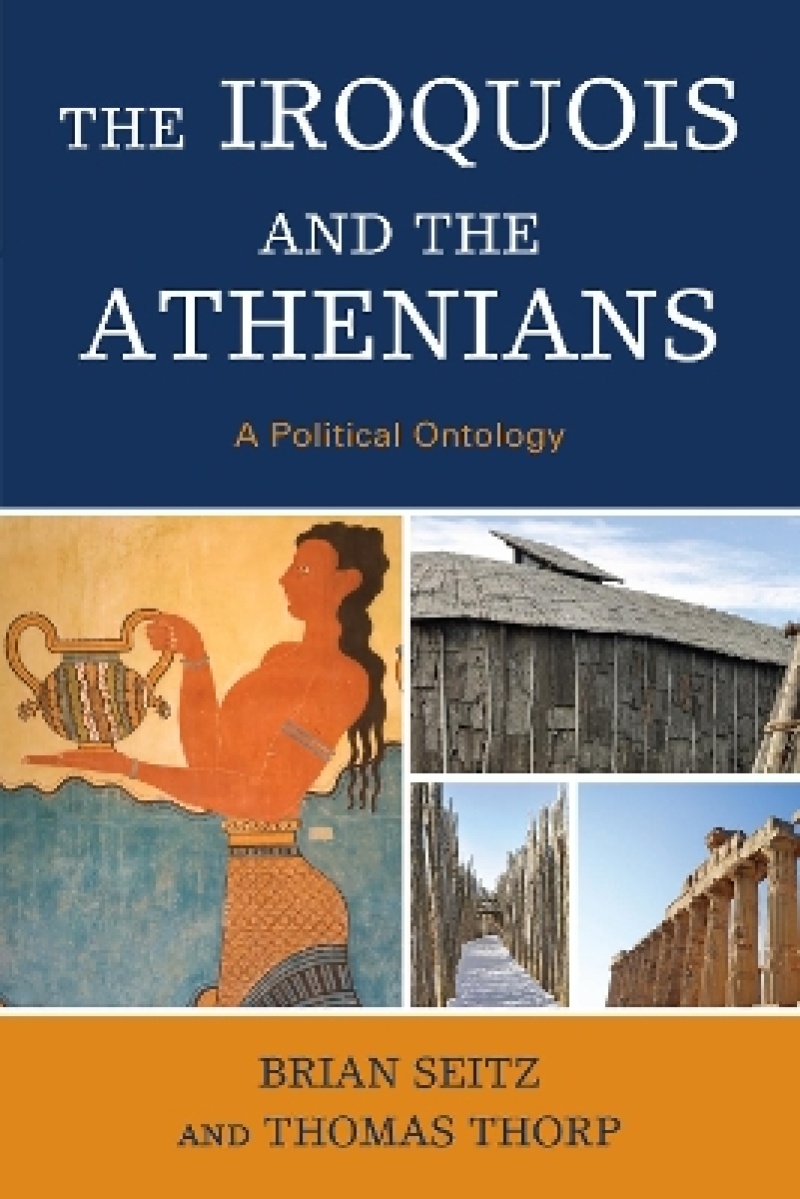“This is a work as grand in its scope, as bold in its ambitions, and as successful in its execution as Hardt and Negri’s Empire or Deleuze and Guattari’s Anti-Oedipus. But in the end there is nothing quite like Brian Seitz and Thomas Thorp’s The Iroquois and the Athenians. It is a unique experiment in comparative politology that reads the social, political, and economic organization of the Iroquois in North America against the backdrop of ancient Greek society. Along the way, all our assumptions about the nature of myth, mourning, law, language, kinship, war, political authority, rights, sexual difference, private property, and political foundations get called into question. Seitz and Thorp deploy all the resources of contemporary European Philosophy to create a distinctly ‘American’ politology.”
- Michael Naas, DePaul University,
